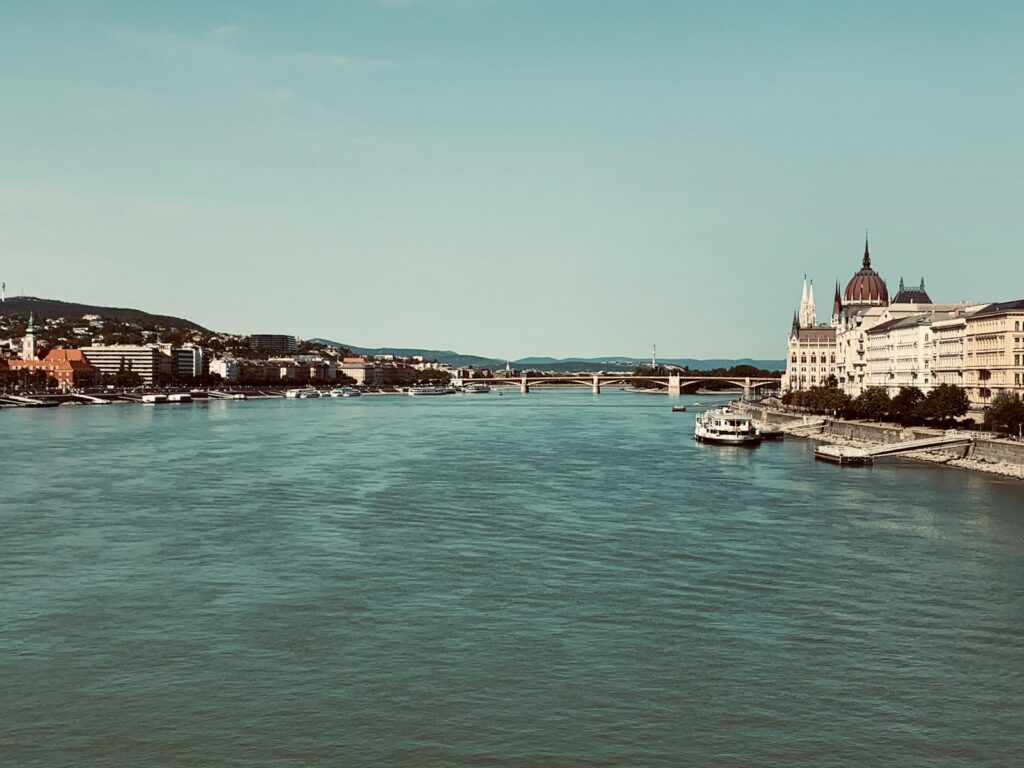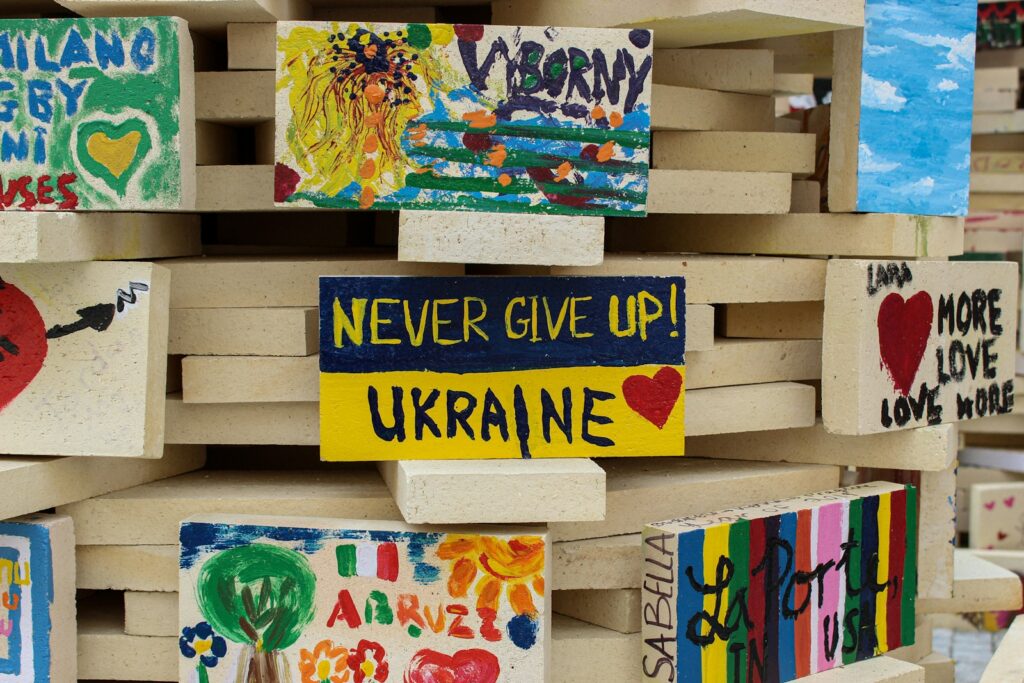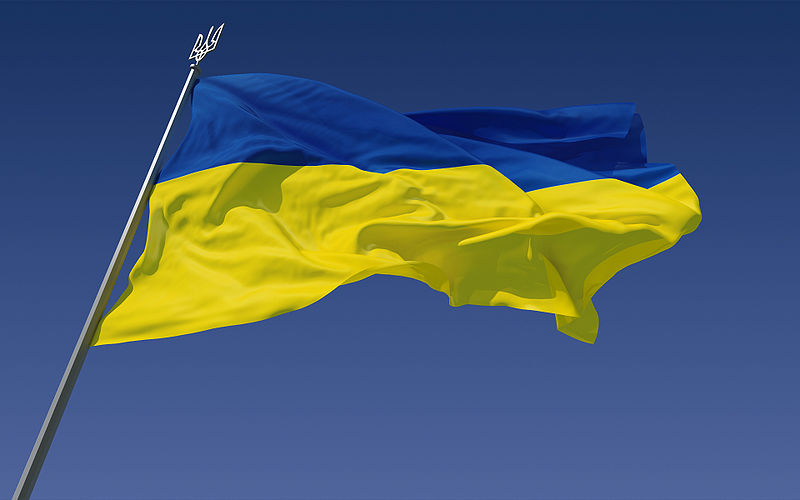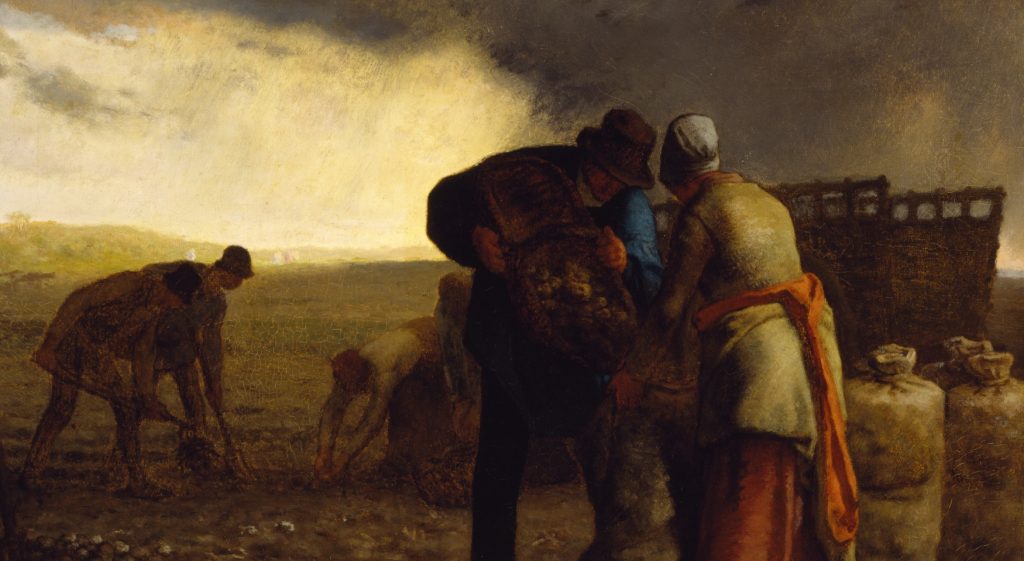![War Against Human Rights with Oleksandra Matviichuk [PODCAST] War Against Human Rights with Oleksandra Matviichuk [PODCAST]](http://4liberty.eu/phidroav/2025/06/Liberal-Europe-Podcast-2024-9-1024x1024.png)
War Against Human Rights with Oleksandra Matviichuk [PODCAST]
What is the role of human rights advocacy in a full-scale Russian war in Ukraine? What part do Europeans play in this struggle? And how to fight the growing sense of indifference? Leszek Jazdzewski (Fundacja Liberte!) talks with Oleksandra Matviichuk, a human rights defender who works on issues in Ukraine and the OSCE region. She heads the human rights organization Center for Civil Liberties, which was awarded the 2022 Nobel Peace Prize.





![Defending Europe Without the United States with Guntram B. Wolff [PODCAST] Defending Europe Without the United States with Guntram B. Wolff [PODCAST]](http://4liberty.eu/phidroav/2025/04/LEP_Guntram-B.-Wolff_square-1024x1024.png)


![EU Response to Trump with Philippe Legrain [PODCAST] EU Response to Trump with Philippe Legrain [PODCAST]](http://4liberty.eu/phidroav/2024/12/Philippe-Legrain-1469x800-1-1024x561.png)
![Election Rigging of the Parliamentary Elections in Georgia with Alexander Zibzibadze [PODCAST] Election Rigging of the Parliamentary Elections in Georgia with Alexander Zibzibadze [PODCAST]](http://4liberty.eu/phidroav/2024/12/Alexander-Zibzibadze-1469x800-1-1024x561.png)
![Strategic and Geopolitical Vision of the EU with Nicu Popescu [PODCAST] Strategic and Geopolitical Vision of the EU with Nicu Popescu [PODCAST]](http://4liberty.eu/phidroav/2024/12/Nicu-Popescu-1469x800-1-1024x561.png)
